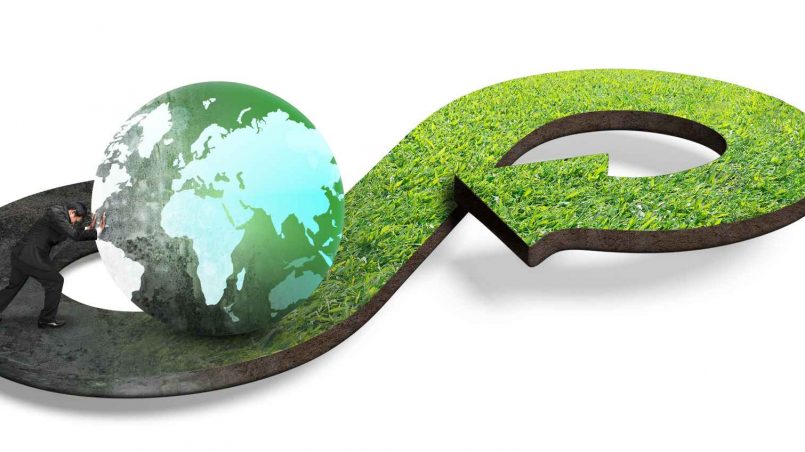How can business promote the UN Global Goals, and thereby combat hunger while promoting equity, livable cities, and clean oceans? The Meaningful Business 100 offers us a wide range of practices that change lives, cities, countries, and sectors. Their contributions to the UN Sustainable Development Goals are inspiring and groundbreaking. Hailing from 33 countries, the Meaningful Business 100 include leaders from well known companies such as Danone, Google, Ikea, and Tata Power, from growing companies such as Terra Cycle and ThredUp, to social enterprises such as Imperfect Foods and The Beeswax Wrap.
I am honored to be among the judges for the MB100, we hail from around the world and select the companies based on impact, durability, innovation, leadership, and scope. We also looked at collaboration within the businesses and affordability of their innovations. This is my third year as a judge and I see fascinating trends emerging which serve as powerful levers of change – many of which are replicable.
Impact Comes from Systems Change
Some of the most pioneering MB100 leaders are driving systems change through their industries and sectors. Imperfect Foods is an excellent example of a company working to improve a broken food system. Their Head of Sustainability, Madeline Rotman, is part of the drive to make the food system more equitable and regenerative. The company rescues 50 million pounds of food per year which is “imperfect” – perhaps too small or misshapen, and would go to waste, directing it to consumers who receive it via home delivery. By partnering with growers, producers, and wholesalers, the company is showing customers how to generate zero waste. Similar initiatives are underway in other countries to reduce food waste. Michelle Adelman of Accite Holdings is another example of an MB100 leader working to create a better food system in Africa, using hydroponic technology to grow vegetables in the Kalahari Desert and helping Africa to create a more accessible food system.
The Future is Circular
MB100 leader Tom Szaky, Founder and CEO of TerraCycle is taking waste streams and turning them into raw materials for other companies. Adi Reza Nugroho of Indonesia has developed a biotech startup, Mycotech Lab, which creates biomaterials for the fashion industry and construction. He purchases mushroom waste from women farmers in Indonesia, along with sawdust from the agro-forestry industry, and creates a leather substitute, known as Mylea Tm, already used commercially to produce shoes, watches, and wallets. The materials can also combine to produce low-carbon and low-water cement for construction. Leather is responsible for 18 percent of greenhouse gas emissions.
MB100 leaders are pioneering the re-use of goods. For example, James Reinhardt the founder and CEO of ThredUp created the world’s largest fashion resale company. ThredUp has processed more than 125 million garments, saving consumers $3.3 billion off retail prices and eliminated a total of 1 billion pounds of CO2 emissions. Ikea is also taking back used products, including used furniture their own and that of other companies. In addition, its Chief Sustainability Officer, Lena Pripp-Kovac, has led the company to commit to being circular by 2030. Another innovation is the sale of spare parts to allow customers to mend their own products rather than replacing them.
Creating Smart Cities
Harit Soni, the founder of Ecolibrium (India), is using AI and IOT technology to power smart cities. He began with two employees and now has a team of 100 employees working to create sustainable buildings.
Promoting Inclusion and Equity
At a time when companies often struggle to find and retain workers, some MB100 leaders are working to find opportunities for people who have been marginalized including refugees. Zakia Moulaoui Guery, founder of Invisible Cities, trains homeless people to become tour guides. Her enterprise offers tours in four cities, including, Edinburgh, Glasgow, York, and Manchester.
As in previous years, many of the MB100 leaders selected in 2021 work for companies that are certified as B Corps, including Danone, MYCL, CoGo and The Beeswax Wrap.
Watch this blog for other stories about the MB100 and the emerging language of change.
To see the full list of the MB100, go to: https://meaningful.business/mb-100-2021/

